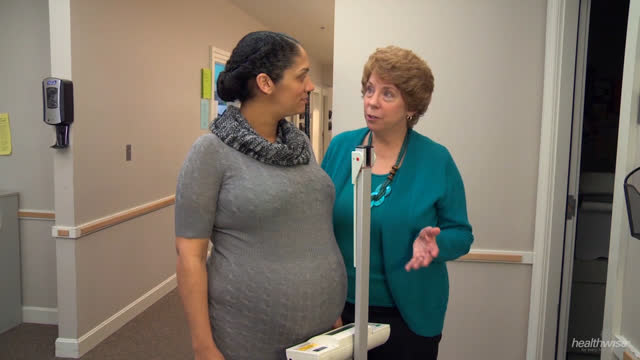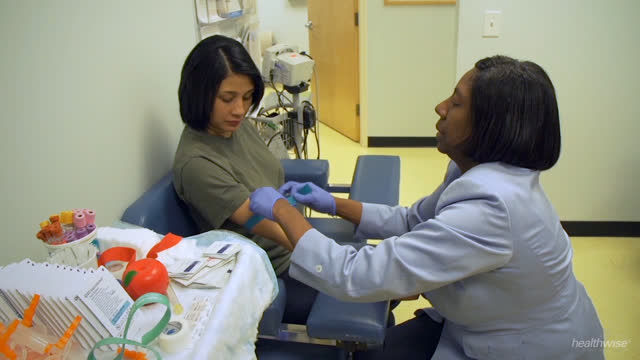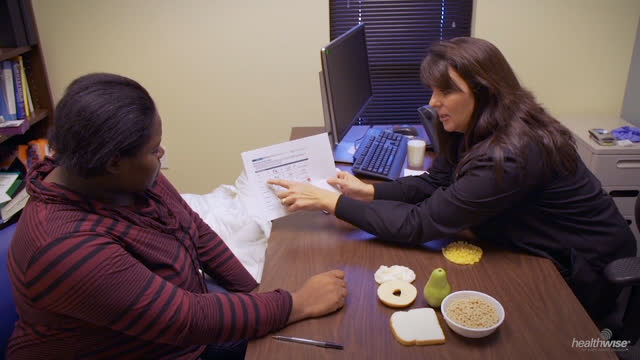Screening for Gestational Diabetes
Overview
People who are pregnant and are not already diagnosed with diabetes should be tested. The U.S. Preventive Services Task Force recommends testing after the 24th week of pregnancy. The American Diabetes Association recommends testing between the 24th and 28th weeks of pregnancy.
After delivery
Even though your gestational diabetes will probably go away after your baby is born, you are at risk for having the condition again. You are also at risk for having type 2 diabetes.
You may also have a follow-up glucose tolerance test 4 to 12 weeks after your baby is born or after you stop breastfeeding.
- If the results of this test are normal, you will still need to be tested for type 2 diabetes at least every 3 years.
- If the test shows that your blood sugar is slightly high, you may have prediabetes. If you have prediabetes, you can help prevent type 2 diabetes. You can do this by changing the way you eat, exercising regularly, and being tested for diabetes every year.
Credits
Current as of: July 15, 2025
Current as of: July 15, 2025






